For some, effective advertising is when people remember the brand, for others it is when the message reaches the target audience. As for marketeers, it is about the sales outcome. Measuring ad success is tricky, however, it depends largely on the communication objectives.
A successful ad campaign should be on strategy with the business and must achieve a return on investment. Often, this will need a long-term communication plan to achieve step after step a set of results leading to the strategic objectives.
There should be a synergy between the objectives of the business and the brand to achieve a return on advertising investments. Data analysis is crucial for communication specialists to get insights of the business context, the brand environment, and the consumer behavior before formulating the communication strategy.
The creative plays a major role, it is known that a good creative sells! But what is good and what is bad? Any successful ad should reflect the essence of the brand, and its big idea should resonate with the target audience. Being a simple tactical message or a brand building campaign, the purpose remains the same, thus helping the brain making the right decision by choosing the advertised brand or service. Hence, a successful advertising should talk to the decision maker which is the primal brain (known as the emotional brain).
Measuring ad success through research and tracking surveys is commonly used for brand recognition, brand awareness or consideration. However, to measure the media outcome, advertisers rely on media tools. E.g. TV meters to measure the reach of a campaign and its pressure against the target audience on linear TV or by using digital performance tools to measure online media key metrics like Impressions, CTR, CPC, conversion rate, ROAS…
Nowadays, AI tools are helping professionals develop more effective advertising strategies. They are supporting on many levels being on the creative side or on the media side. AI is gaining a major role within the advertising process; it is helping advertisers to plan, optimize, and adjust the content, the creative and the media performance ahead of time or when the campaign is running online.
Finally, to be able to say that an ad is as successful as it sells, we need to be able to measure the consumer experience and how much it was fulfilling across the consumer journey. Measuring the success of advertising depends on many factors and elements, which makes it difficult as the media scene and markets are becoming more complex. Advertisers must assess the performance on both the macro and micro levels.
Carole Hayek – General Manager
AMPM for Analytics, Measurement, Performance Media
